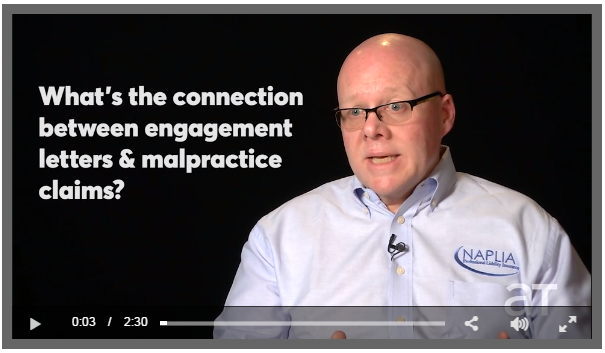Creative Playthings Franchising, Corp v. James A. Reiser, Jr., 463 Mass. 758 (2012)
The Supreme Judicial Court, Suffolk County, Duffly, J., held that limitations period in a contract shortening the time within which claims must be brought was valid and enforceable under Massachusetts law, under certain conditions. A limitations period in a contract shortening the time within which claims must be brought is valid and enforceable under Massachusetts law, if the claim arises under the contract, and the agreed-upon limitations period is subject to negotiation by the parties, is not otherwise limited by controlling statute, is reasonable, is not a statute of repose, and is not contrary to public policy.
Nancy Reimer, attorney for LeClairRyan of Boston, stresses the relevance of this ruling for CPA's. Attorney Reimer suggests Accounts include a provision in their engagement letters limiting the time in which a claim can be brought to 2 years, or less depending on the circumstances of the engagement. Reimer stated, "We typically include clauses like this in letters we draft and have not had any issues with them, but now we have a definitive ruling from the SJC as to their validity."
Reimer further clarified that contract limitations are determined on a state by state basis. Although this ruling is great for Massachusetts, not all states concur. Florida, for example, has a statute stating a party can not limit the SOL period.



